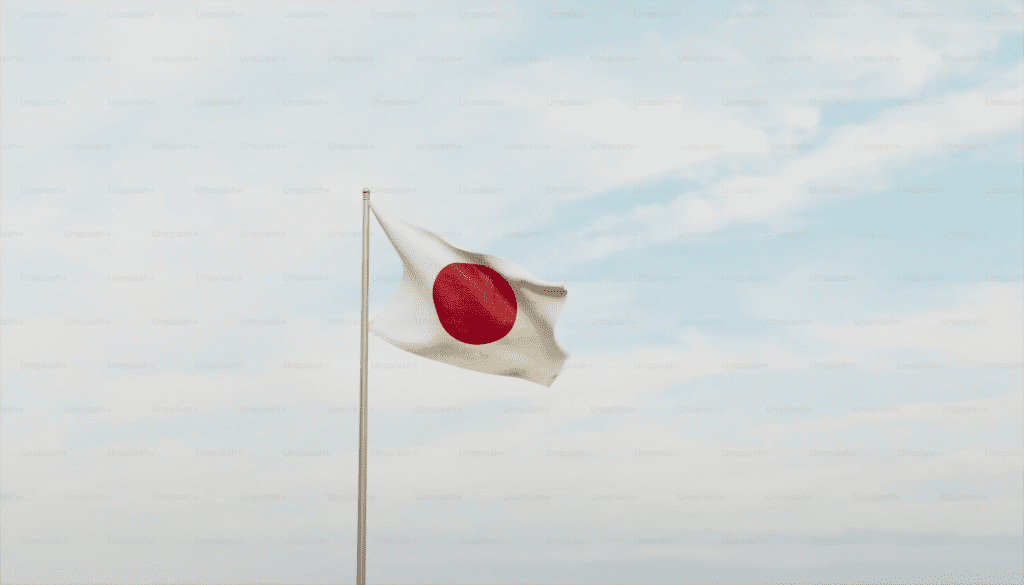Japan has decided to stop giving voluntary financial support to a United Nations women’s rights panel after it urged the country to change its male-only imperial succession rule. This decision, announced on Wednesday, is in response to a report published in October by the Committee on the Elimination of Discrimination against Women (CEDAW). The report recommended that Japan revise its Imperial House Law, which currently allows only men to inherit the throne.
Japan’s Response to the U.N. Report
The Japanese government strongly opposed the report, calling it “regrettable” and “inappropriate.” Officials argue that the rule on imperial succession is not a human rights issue and does not violate women’s rights. Japan’s Chief Cabinet Secretary, Yoshimasa Hayashi, stated in October that the government had formally requested the U.N. to remove the reference to imperial succession from the report.

On Monday, Japan officially informed CEDAW that it would no longer receive financial contributions from the country. Foreign Ministry spokesperson Toshihiro Kitamura explained that Japan has also asked the U.N.’s Office of the High Commissioner for Human Rights not to use any of Japan’s contributions to support CEDAW’s activities. Additionally, Japan has canceled a planned visit by committee members, which was expected to take place by the end of March.
The Male-Only Succession Rule in Japan
Japan’s current imperial succession law was established in 1947 and is based on traditional values that existed before World War II. Under this law, only men from the imperial family can become emperor. Women who marry commoners must give up their royal status and leave the imperial family. This law has been a topic of debate in Japan for many years, as the number of male heirs continues to decrease.
At present, Japan’s imperial family has only 16 members, and only four of them are men. The youngest male member, Prince Hisahito, is the only direct heir to the throne. This situation has raised concerns about the future of the monarchy.
Despite these concerns, the Japanese government has resisted calls to allow female emperors. Instead, officials are exploring other options to ensure the stability of the imperial family. One proposal is to allow male descendants of former noble families—who lost their royal status after World War II—to be adopted into the imperial family. This would increase the number of potential male heirs while keeping the male-only tradition intact.
Public Opinion and Political Debate
The debate over imperial succession has divided public opinion in Japan. Many people, including scholars and legal experts, believe that allowing women to ascend the throne would be a practical solution to the declining number of male heirs. Opinion polls have shown that a majority of Japanese citizens support the idea of a female emperor.
However, conservative politicians and traditionalists strongly oppose any changes to the succession law. They argue that allowing women to inherit the throne would break historical traditions and could weaken the imperial system. The ruling Liberal Democratic Party (LDP), which has a strong conservative base, has been hesitant to support any changes.
Former Prime Minister Shinzo Abe was among those who firmly opposed female succession. During his time in office, he pushed for policies that preserved traditional family values and maintained the male-only imperial succession rule. The current government, led by Prime Minister Fumio Kishida, has continued this stance and is looking for ways to strengthen the existing system rather than change it.
International Reactions and Concerns
Japan’s decision to freeze funding for CEDAW has drawn international attention. Human rights organizations and women’s rights activists have criticized the move, arguing that it shows Japan’s reluctance to support gender equality. Some experts believe that this decision could affect Japan’s reputation in the global community, particularly in discussions about human rights and women’s empowerment.
On the other hand, some political analysts see Japan’s decision as an attempt to assert its sovereignty over internal matters. They argue that imperial succession is a unique cultural and historical issue that should be decided by Japan alone, without outside interference.
The Future of Japan’s Imperial System
As the number of male heirs continues to decline, Japan will eventually need to make a decision about the future of its imperial system. If Prince Hisahito remains the only potential successor, the risk of a succession crisis will increase in the coming decades.

The government has not yet made any final decisions on how to address this issue. Discussions are expected to continue, but for now, Japan remains firm in its position to uphold the male-only rule.
For many Japanese people, the imperial family is a symbol of national unity and tradition. Any change to the succession law would require careful consideration and widespread public support. The debate is likely to continue for years to come as Japan grapples with the challenge of maintaining its imperial lineage while balancing modern values and traditions.

